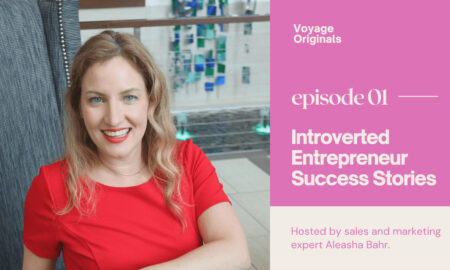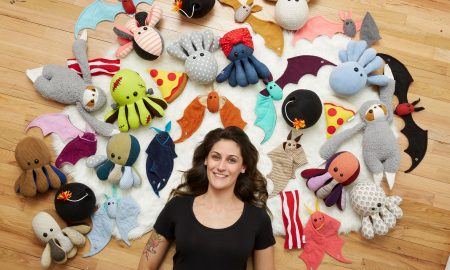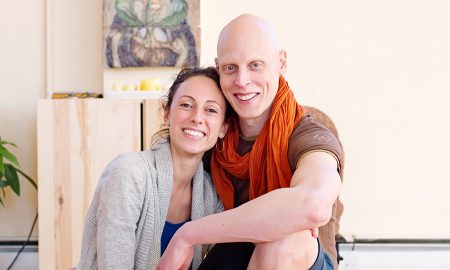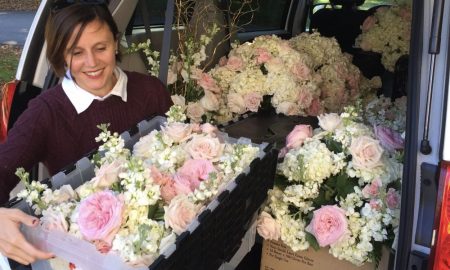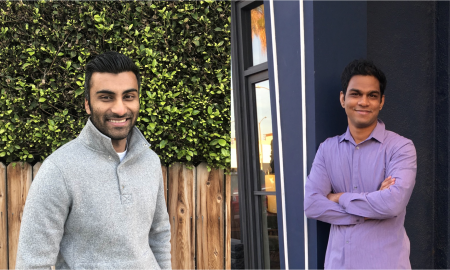

Today we’d like to introduce you to Jackie Mann.
Thanks for sharing your story with us Jackie. So, let’s start at the beginning and we can move on from there.
When I graduated from Boston College, I worked for a corporate law firm as a paralegal and then a mutual fund company. I was looking for a calling and not just a job. Two years after graduating, I enrolled in the Program for Women in Politics and Government, which at the time was at Boston College. It is now affiliated with U Mass Boston. This public policy graduate program was well before its time, preparing young women for their role as leaders in the field of public policy. It was the 1980s and there was a crisis of homelessness due to federal policies that had limited low-income housing for families. I interned at the Department of Social Services (now DCF) in their Homeless Unit, which was created to address the need to support homeless families being placed in hotels due to an overflow in local Boston shelters. My internship in the Homeless Unit led to a full-time position with DSS working with homeless families. It was the first time I understood what my parents had taught me as a child. My parents did not attend college. They were postal employees who dedicated every penny to send their children to private colleges. They instilled in us the value of using our education to find a calling and to give back to others. Both my brother and I went into public service.
At the Department of Social Services, I found my calling and my first real career. I went on from being a homeless specialist to becoming a child protective worker, a foster care reviewer, and then when I left the state to have my own children, a privately contracted court investigator with the juvenile court system. My job was to determine if children belonged in the custody of the state and if their placements were safe and appropriate. For the first time, I felt like my work made a difference in the lives of others. I knew that this would frame my career path.
The personal life also framed my career path.
In 1990, I had the first of three children who are now 27, 25 and 19. My husband and I are a biracial couple and when we first met in 1985, this was not common in the Boston area. We had to choose carefully where we lived and eventually after we had children, where we chose to enroll our children in school. Our family’s experience as a blend of two races and culture and my children’s experience in a suburban community and school district south of Boston began to shift my interest from social work to education.
After leaving DSS, I combined my work as a social worker with my interest in education to take on a part-time position as the coordinator of a program that was a collaboration between Quincy Community Action Programs and Quincy College to help transition single mothers back into the workforce. I worked with women on securing affordable daycare, learning about working in professional settings, interviewing and resume writing. It was through my work in this program that I realized not only the added pressures on women in our society but also most importantly, the power of education. At QCAP, I went on to help found the Quincy Family Network, a support network with parent outreach and education for families with children 0-3. Quincy was becoming a growingly diverse community, so my experience with reaching out across cultures helped support the creation of programs that met the unique needs in each neighborhood of the city. The program is in existence until today thanks to the tremendous support of QCAP and its history of community-based programming.
Interested in furthering my education, I took a course in a graduate school of social work but realized that I was drawn to education due to its potential for empowerment and to change the lives of people from all backgrounds and life experiences. Lesley College reached out and informed me that they were sponsoring a Masters in Education Program literally in my backyard at Sharon High School. My youngest child was 18 months when I enrolled in Lesley’s Masters in Education Program. I earned my degree by attending school one weekend a month. I recall waiting until after dinner was cooked and all three children were bathed and in bed before I could start my graduate work. At the time, the local school system where my children attended offered me the opportunity to substitute teach and gain my pre-practicum experience. When my youngest became preschool age, I needed an income to continue my work in schools, so Sharon Schools hired me as an instructional assistant. I was 38 years old, starting from the bottom again in a new career but very eager to learn.
I felt fortunate to be employed in the local school system where I could do what I loved, but also be available for my children, who needed my support having been integrated into what was at the time a predominantly white school system. In my second year at Cottage Street School, they hired me as a 5th-grade teacher, and I again found that feeling of joy going to work every day. Like social work, teaching was like breathing to me. It felt very natural to work toward finding educational experiences for my students that were both engaging but rigorous. I set a very high standard for my students, but they knew that I cared about them and that learning for them in my class should also be fun.
Given my own personal background, and my prior experience as a community organizer in Quincy and a social worker, I chose to prioritize multicultural education in my classroom, seeking resources to expose my less than diverse student body to other cultures and understand diverse perspectives. I received a grant through the Sharon Education Foundation to begin a multicultural book club, with the goal of broadening my students’ cultural lens through literature. As part of that grant, I partnered with the Principal of the Al Huda Islamic Academy in Worcester to create pen pal relationships with our students. Our students shared commonalities and differences, and my students in Sharon had a cultural immersion experience when they were invited to visit the Islamic School. The parents of my students shared in this invaluable experience.
After three years, I was moved by the district to the middle school, where I immediately felt at home. Middle School students are on the front lines of discovering the identity and working through bias. They are looking for communities in which they will be accepted and understood for who they are. I learned early on that middle school students will only learn from you, will only fully benefit from the lessons that you teach when they know that you accept them and care about them. This discovery and philosophy have framed my subsequent decade as an educator.
At Sharon Middle School, I went on to become the Assistant Principal and prioritized creating a school culture that was inclusive. While our principal worked to create an advisory program connecting adults with students, I partnered with Facing History and Ourselves to create curriculum and community days around shared values and being an Upstander when our values are challenged. Our students, in partnership with the Anti-Defamation League and high school mentors, explored how diversity and identity impact our interactions with each other.
Three years later, when I looked for a principal position, I was named the Principal of the Coakley Middle School in Norwood. Our school, like the community, was growingly diverse, and yet the adults and students did not fully know how to address issues related to race, religion, and identity. I connected with Tabitha May, founder of Roots and Wings, who had been a part of the Interfaith Coalition in Sharon and had created a model for Teen Speak Outs at the high school in Sharon. With Tabitha’s support, we created a model for a Teen Speak Out for middle school students. Tabitha and her skilled staff at Roots and Wings, trained student and faculty facilitators to lead discussions on how individuals experienced our school community. It began a pathway for later conversations at Coakley.
Last year, in July of 2017, I was fortunate enough to be named the Principal of the F.A. Day Middle School in Newton. I was drawn to Newton Public Schools due to a kinship in philosophy with its emphasis on excellence and equity and its prioritization of social-emotional learning. I feel so lucky to be at the helm of a middle school where I am not only allowed to focus on race and equity as well as social-emotional learning but I am encouraged to prioritize it. Newton Schools fully understands that each child should be given what they need to achieve success and that students of color experience our suburban school district in a different way than white students. At Day Middle School and among my leadership colleagues, there is an exchange of ideas and professional development around how we connect with students, parents and the community. This year at the middle level, a group of teacher leaders and administrators are leading professional development based upon Glenn Singleton’s book, Courageous Conversations about Race. We are asking adults to develop their skills in talking about race and considering the impact of personal bias and racial lens on our work together and with students.
At Day and the other middle schools, we will be engaged in lessons with our students on the impact of microaggressions on a student’s sense of belonging. At Day, like in other schools, we are launching advisory programs as a way to forge connections with students in smaller settings. In my current position, I have the gift of using my experience as a member of a racially diverse family. My drive to create an inclusive school environment is heightened by the experiences of my husband and children, particularly as to how race intersects with institutions such as school communities and places of work. In Newton Public Schools, I have also found a place where I am joined by others in the shared philosophy that connections and engagement are the keys to student achievement. I now have the opportunity to fully understand the research and best practices behind what I learned anecdotally, that children only achieve when they feel connected, supported, included and simply cared about.
I am thrilled and excited entering my second year in Newton about the partnerships with parent groups such as Families Organizing for Racial Justice, and teachers who are passionate about projects such as the Tenacity Challenge, the Calculus Project and Girls Who Code, all which find opportunities for students to excel academically in their affinity groups. This year, I am again collaborating with Tabitha at Roots and Wings, as we take on the important work of creating a diverse school community where all our students and families feel included and valued.
On a personal note, our family journey that began in the 1980s with more tense racial times in Boston continues from a source of strength. While not very long ago diversity seemed like a challenge or an anomaly, it is now understood more as a strength While my oldest daughter, Dominique, now 27, had to struggle as the only student of color in a predominantly white classroom in Sharon, she has used that struggle to propel her forward. She found a role model in our then soon to be President Obama and after completing her education at Columbia University, she worked for his administration, sharing in our nation’s historical moment. My younger sons, Derrick, age 25, and Devon age 19, found their strength and sense of belonging through the more traditional sports route. Derrick, despite a lack of academic encouragement in his high school years, went on to graduate from Assumption as a math major, and in addition to being a football stand out, works now as a field engineer. My son, Devon, continues on his journey, choosing like my daughter to find their way to a more racially diverse city for their college education. Their journey, both the accomplishments and struggles, continue to inform my work as an educator.
My husband and life partner, Derrick Mann, has been shoulder to shoulder with me on this journey. He has been our rock, our strength, as one of the few black men in a predominantly white suburb, he modeled for our children to not take anything less than they deserve, setting high expectations for all three of our children. He is also engaged in this work, currently at the state as the Assistant Director at the Office for Diversity and Civil Rights at Mass DOT. Race and inclusion are at the forefront of our lives, and my family’s journey has greatly influenced the educational leader I am today.
We’re always bombarded by how great it is to pursue your passion, etc. – but we’ve spoken with enough people to know that it’s not always easy. Overall, would you say things have been easy for you?
It is interesting to note how times have changed for women since I was born in 1963. As a young mom in the early 1990s, I made the choice to leave my job because quality childcare was so expensive, and when my children were sick, it was still considered my role to stay at home. For women rising in my field, our sick time was checked before we were considered for promotion. I also recall interviewing for a probation officer position in a Boston court in the 1990s by a prominent judge who asked me if my husband knew I would be going into some unsafe neighborhoods. My experience with the Program for Women in Politics and Government was my first experience with an affinity group. The Director, Betty Taymor, and Assistant Director, Elizabeth Sherman, not only taught us public policy, but they forged connections between us and other women leaders. We learned from role models that we had choices. If we chose, we could have careers and families. I went on to help single mothers transition into the workplace and overcome some of the obstacles that women faced back then as the primary caretakers.
Much has changed since then. Women have partners in their child rearing and they are valued as professionals. Expectations for traditional families are in the past. Many women have authentic life partners in their journey to help balance the load.
Women from my generation often started their career much later due to the desire to have children, but now that choice does not need to be made. Even though my journey was different than women today, I would say that no matter what life choices women make, it is the gift of choice that is important. Women should choose their pathway with equal treatment and no judgment. The most important thing is that they are true to what works for us. If women choose to have children early in life, they should have the confidence of the importance of this role, and how this life experience will only help enrich their later life as it did for me. My children were my foundation for everything that I have done professionally. If women choose not to have children, they should feel confident in this decision as well. What we have earned through years of struggle is the power of choice and the right to equal treatment.
The last thing I will say is that the journey is by no means over. Although I am at the helm of a school with almost 1000 students, and almost 160 faculties, there are times that people make the assumption that I am not the principal. At the secondary level, there are still fewer women than men. We are making progress, but we have a ways to go. The answer is continuing to support women in assuming leadership roles. The Program for Women in Politics and Government is now a decades-old institution that models the affinity group support that women need.
Please tell us more about your work, what you are currently focused on and most proud of.
I am most proud of my connections with children. My students in my classroom and the schools which I have led have profoundly changed my life. Their enthusiasm and hope are contagious, and I feel a need to protect that as an educator by creating school environments in which every child thrives by being accepted for who they are.
What’s the most important piece of advice you could give to a young woman just starting her career?
I think I mentioned this in my earlier response. Please understand the power of choice. Many women have struggled before you to earn that right. Have confidence that whatever pathway you choose, it is the right one. Sometimes, we judge each other for the path they choose by defining success in a certain way. That is harmful. Success is being a good parent. As an educator, I can tell you that there is no more important job. Success if finding something you are passionate about and working hard at your craft every day. Success is remembering to give back to others. Success, quite honestly, is simply being a human being who demonstrates kindness to others. Don’t get caught up in all of the other trappings and ideas of success. Social media has created these unrealistic models that have nothing to do with real success and happiness. When you look forward to going to work every day, then you know you have found your calling. There is nothing more rewarding. That is how I feel walking through the doors of my school every day.
Contact Info:
- Address: F. A. Day Middle School
21 Minot Place
Newtonville, MA 02062 - Website: https://www.newton.k12.ma.us/day
- Email: mannj@newton.k12.ma.us
- Twitter: @JMannNPS
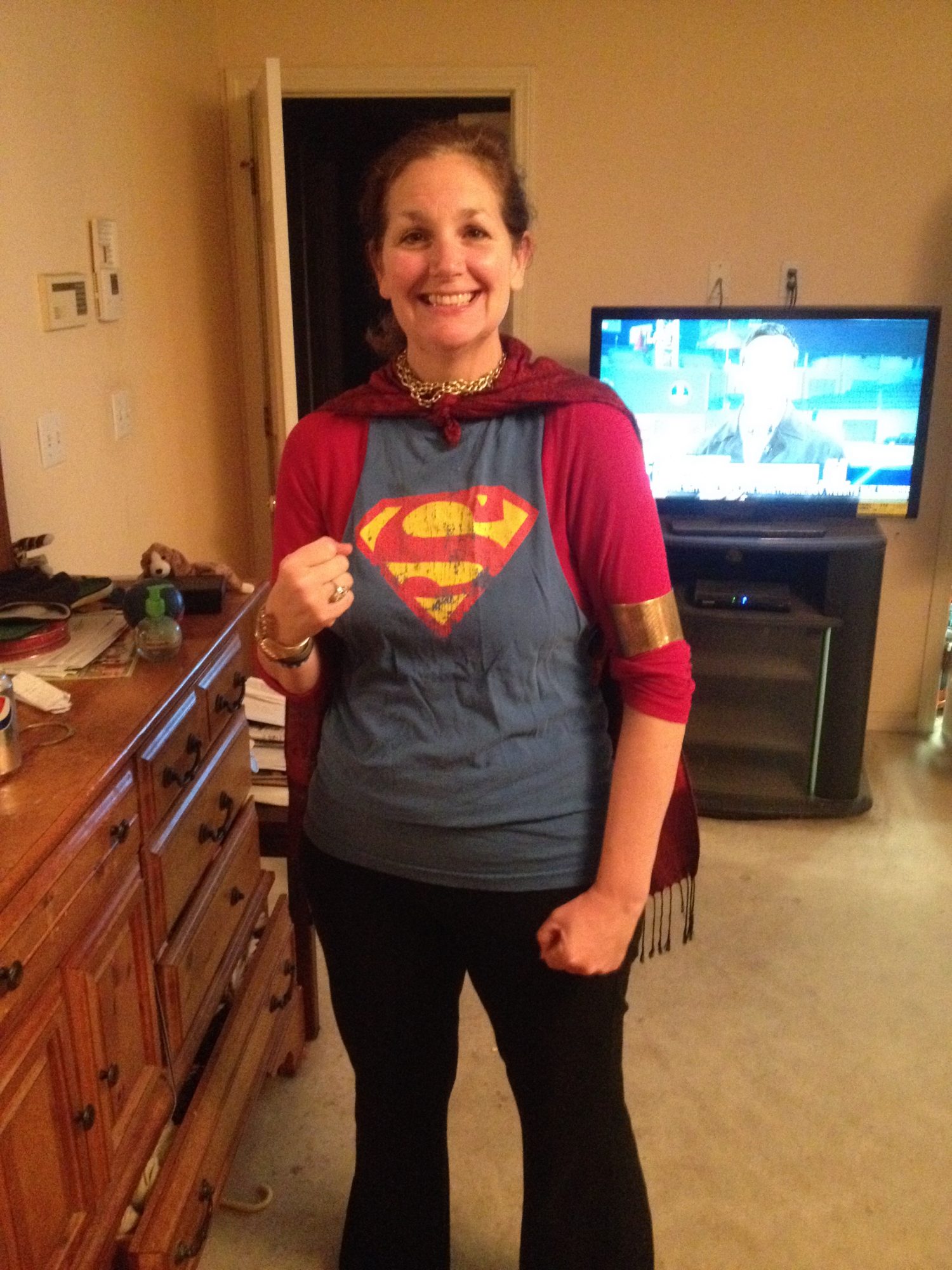
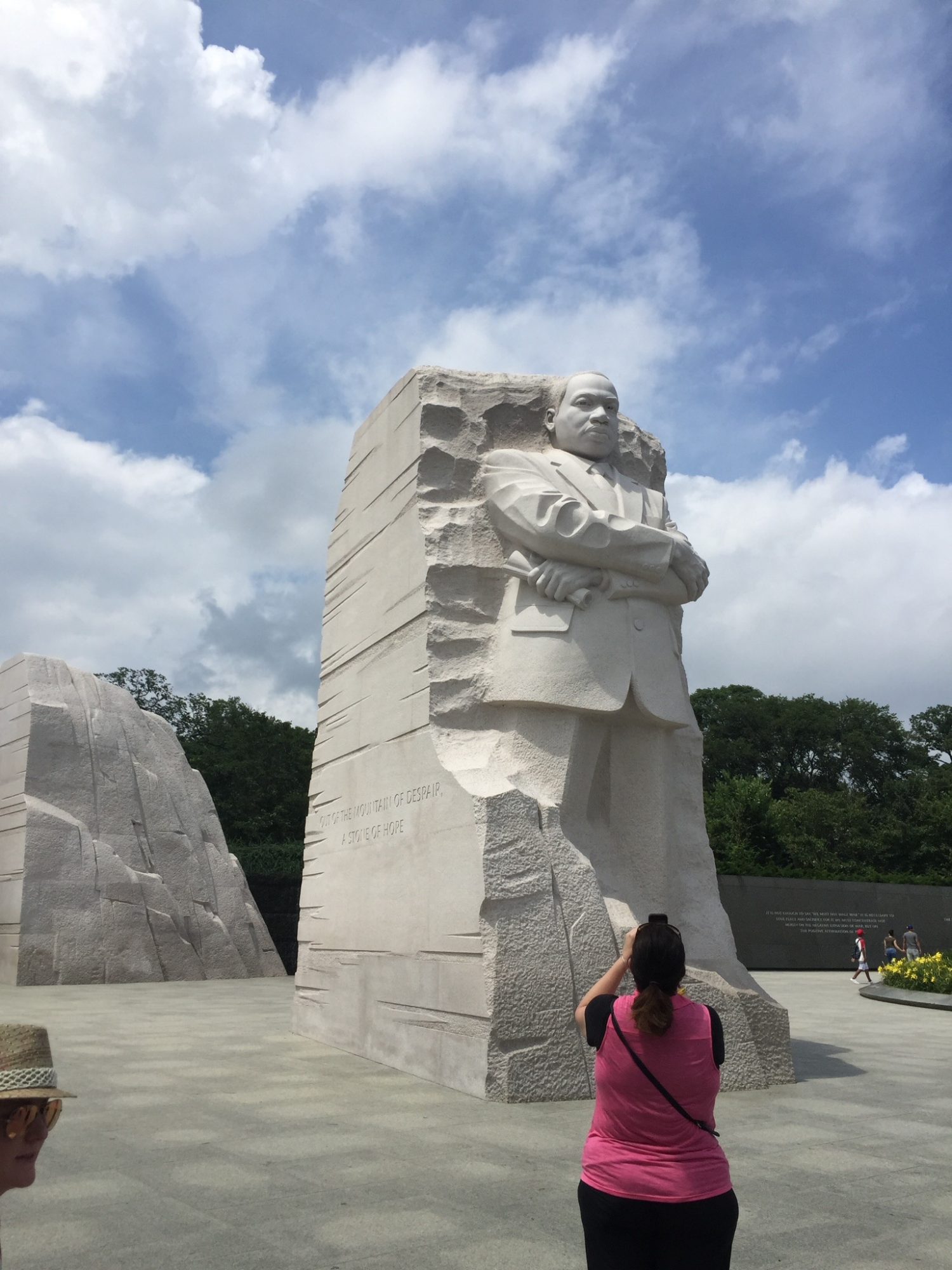
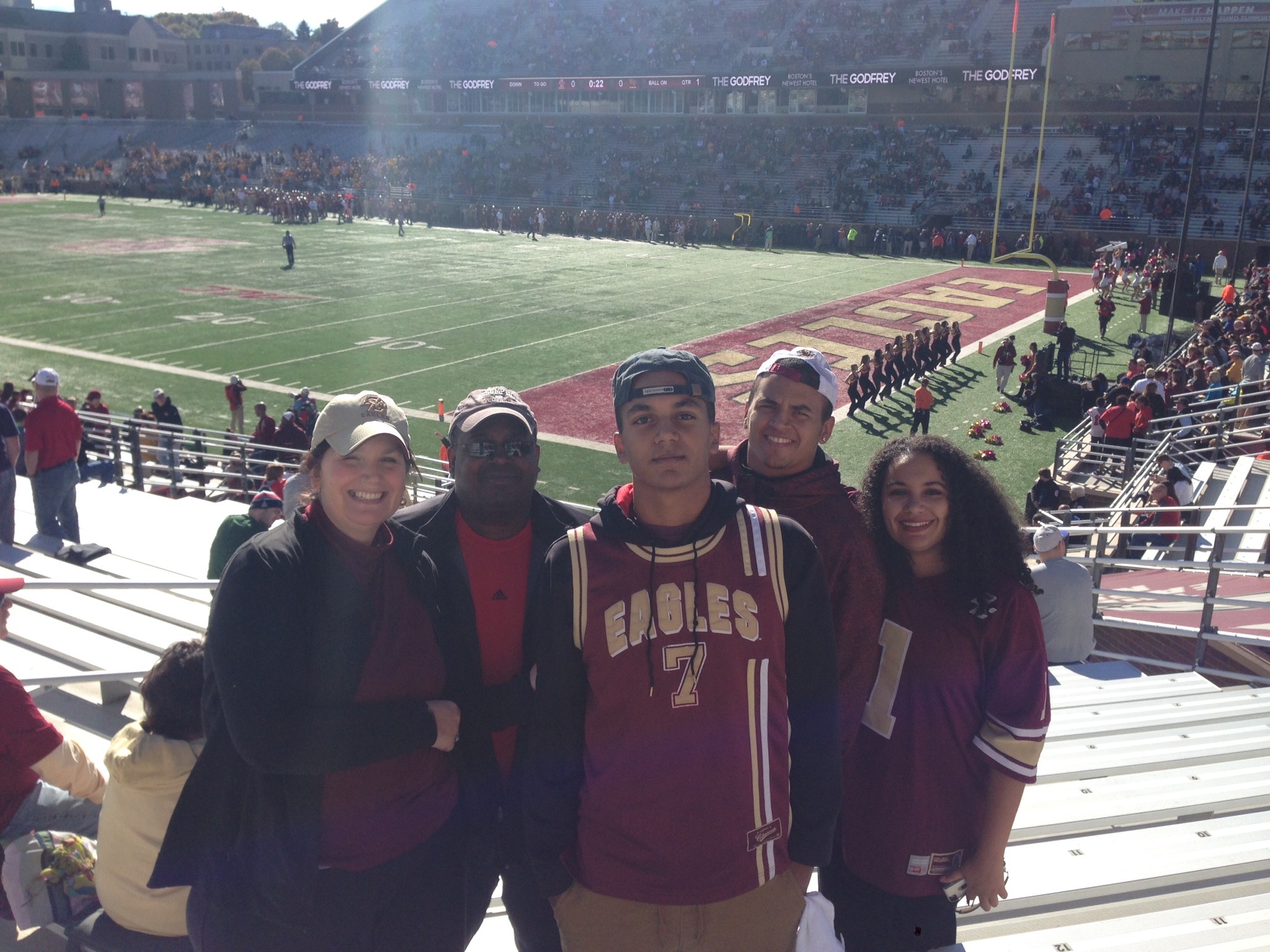
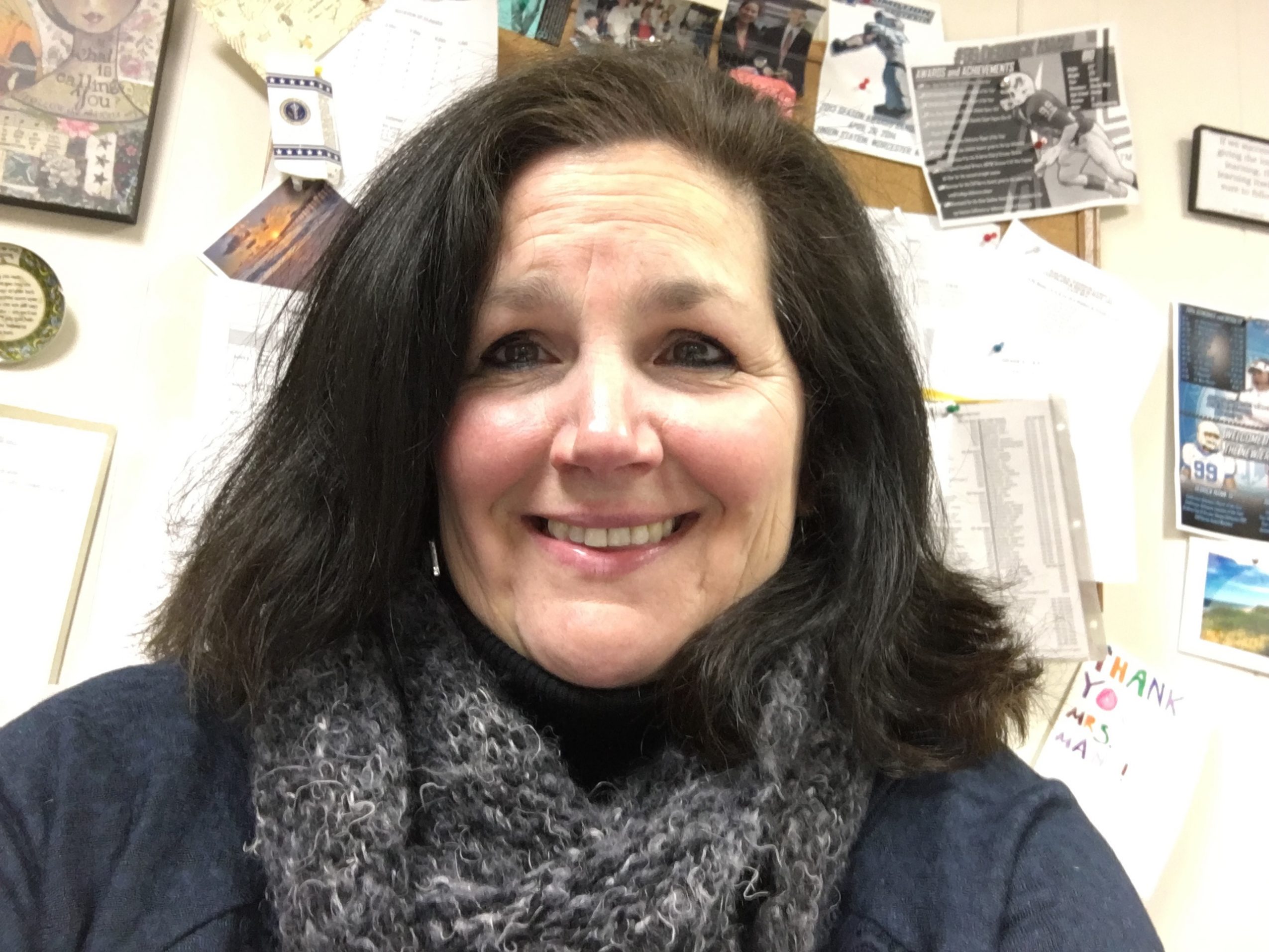
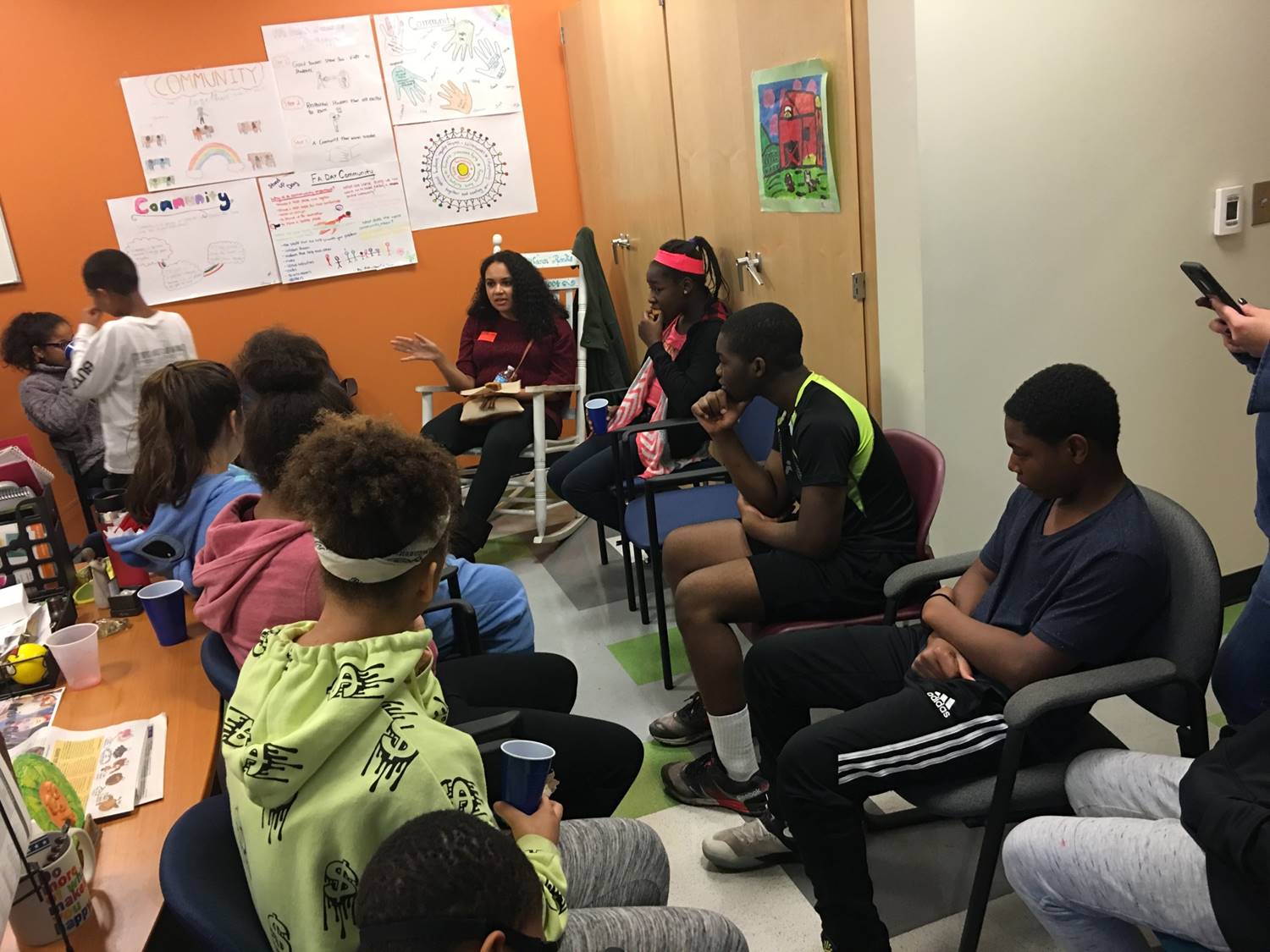
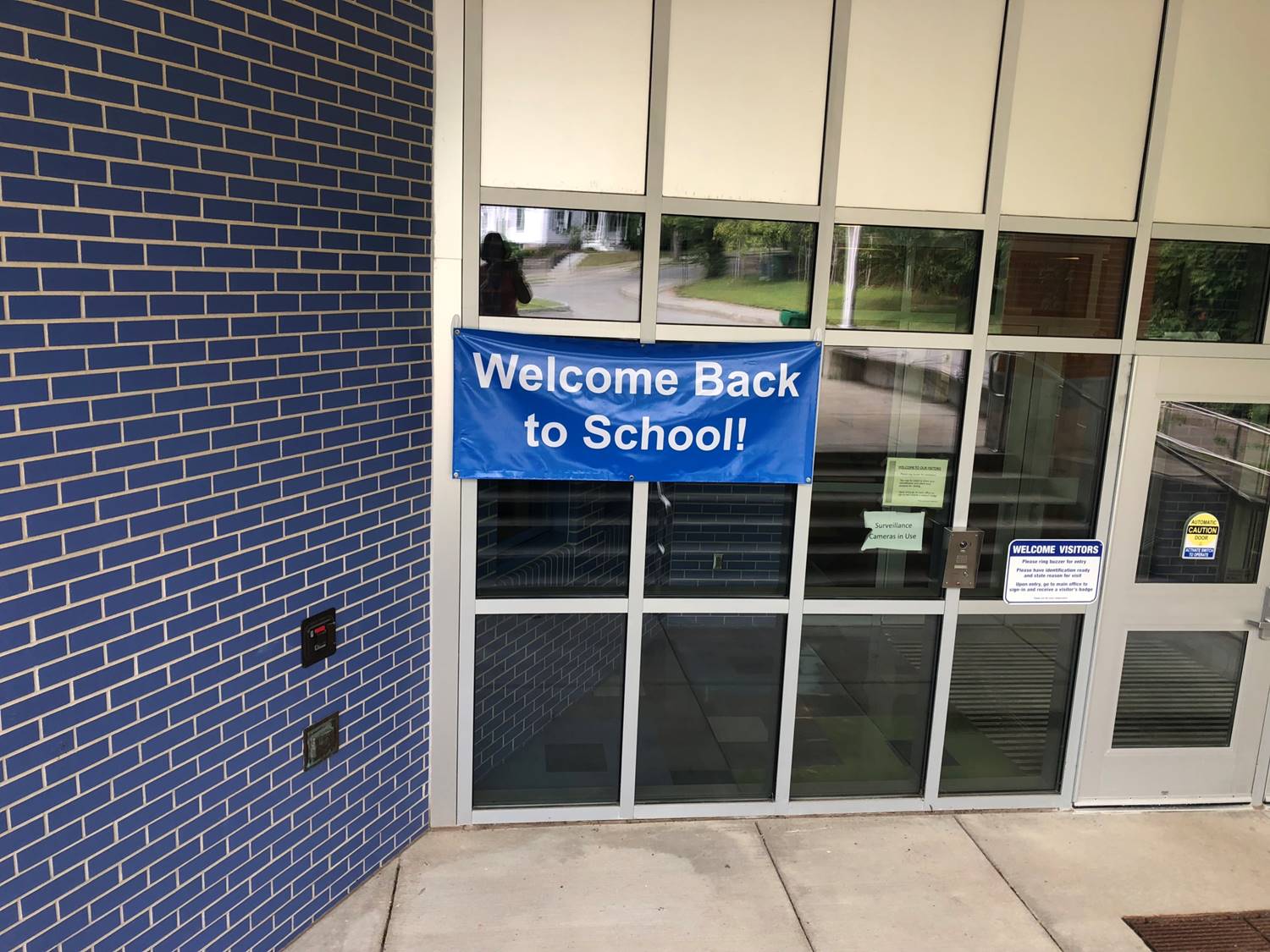 Image Credit:
Image Credit:
My Family had an opportunity to meet President Obama due to my daughter’s employment there. The picture was taken in the Oval Office in November of 2016. Pictured here is: (left to right): Derrick Mann, Jr., Devon Mann, Dominique Mann, President Barack Obama, Jackie Mann, Derrick Mann, Sr., My daughter, Dominique Mann, talking about her pathway to working at the White House with Day students, My family, Jackie Mann, Derrick Mann, Devon Mann, Derrick Mann, Jr. Dominique Mann at Boston College football game, Welcome Back sign at F.A. Day Middle School in Newton on first day of School September 2018, Jackie Mann’s halloween costume as Assistant Principal at Sharon Middle School, Jackie Mann at MLK Monument – School trip to Washington D.C., Jackie Mann at her office at the Dr. Philip O. Coakley Middle School in Norwood, MA
Getting in touch: BostonVoyager is built on recommendations from the community; it’s how we uncover hidden gems, so if you know someone who deserves recognition please let us know here.









